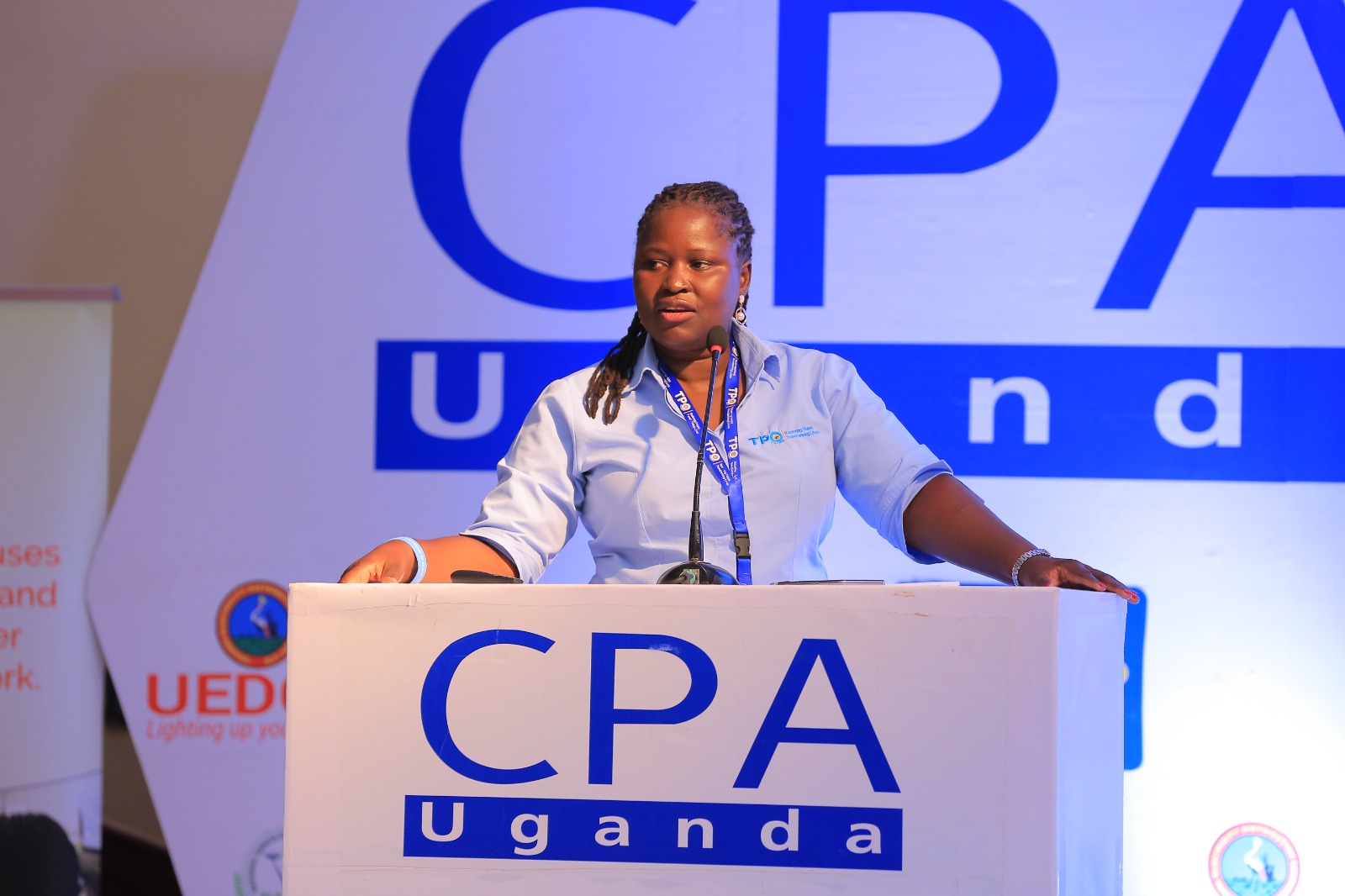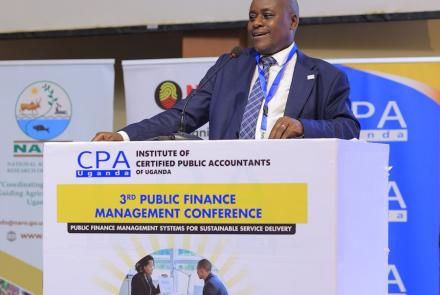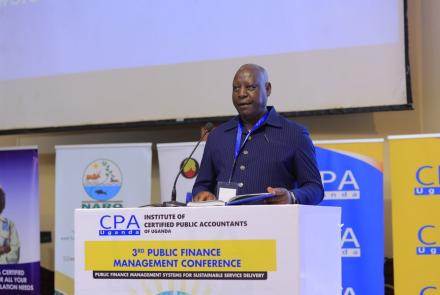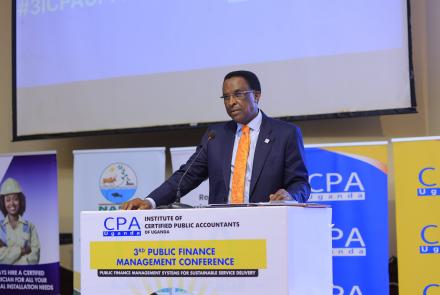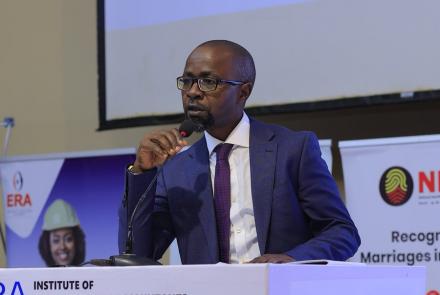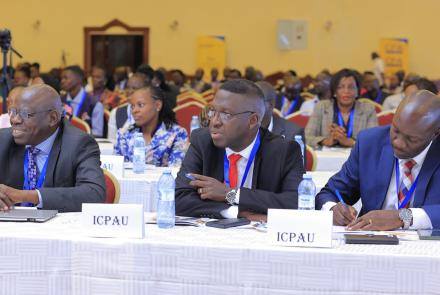By Jackline Nabirye,
Communications Officer - ICPAU
Dr. Grace Obalim, a renowned mental health and psychosocial support advisor from the Transcultural Psychosocial Organisation has encouraged accountants to be deliberate about practising self-care. Among others, she noted helpful self-care practices like exercising, social interactions, good nutrition, general health, checks and adhering to leave from work.
“When you take your leave from work, please switch off from work and focus on yor rest,” she advised.
“Self-care is important because it is only when you are well, that you will be able to take care of those around you,” Dr Obalim said.
“It is commonly said that an empty cup cannot give out,” she added.
According to Dr Obalim, self-care reduces stress, improves energy levels, and reduces the risk of lifestyle diseases.
She likened individuals to vehicles that require regular maintenance to prevent wear and tear, and cautioned against neglecting mental well-being
The World Health Organisation defines mental health as a state of well-being where individuals realise their potential, handle everyday stress, work effectively, and contribute to their communities.
Dr. Obalim detailed the spectrum of mental health and illness, ranging from mental well-being to severe mental health conditions. She outlined common symptoms of mental illness, including significant changes in sleep or eating patterns, mood swings, social withdrawal, and unusual behaviors. Understanding these signs is vital for early intervention and effective management.
The causes of mental illness were explored in depth, including psychological factors like temperament and coping styles, social and environmental influences such as poverty and relationship issues, and biological factors including genetics and substance abuse.
Dr Obalim highlighted the necessity of recognising and managing stress, explaining that while stress is a part of daily life, it is crucial to distinguish between positive and negative stressors. She differentiated between harmful and beneficial stressors, noting that while certain stressors, like work overload or interpersonal conflicts, can be detrimental, others, such as job promotions or personal achievements, can be positive. Recognising the sources of stress and implementing personal strategies for stress management are crucial for maintaining mental health.
“Warning signs of stress include isolation, changes in work quality, increased absenteeism, and poor concentration” Dr Obalim noted. She advised accountants to address stress proactively and engage in activities that help alleviate it, such as professional programs or personal exercises.
In terms of treatment and management, she recommended several strategies: psychosocial support, various psychotherapies (e.g., Cognitive Behavioral Therapy and Interpersonal Therapy), medical treatment, and referrals. She stressed the importance of maintaining a work-life balance and taking regular breaks to manage stress effectively.
She also highlighted the severe effects of chronic stress, including burnout and various health issues such as cardiovascular disease and psychological disorders.
At the workplace, Dr Obalim recommended clear boundaries between work and personal life, counselling, and active participation in activities that bring joy. For employers, she recommended providing professional development opportunities, encouraging time off, and fostering a supportive work environment.
Organised under the theme, Driving Sustainability & Trust, the 29th ICPAU Annual Seminar is running from 4 - 6 September 2024, at the Imperial Resort Beach Hotel and online. It is the largest symposium for accountants in Uganda, drawing over 1,700 professionals.
Partnering organisations include; Uganda Electricit Distribution Company Limited, Deposit Protection Fund, MTN Mobile Money LTD, Bank of Uganda, Airtel Uganda, Kampala Capital City Authority, National Agricultural Advisory Services, abi Finance, KPMG, Endeavour Africa, Ernst & Young, Ediomu & Co., Kalinda & Associates, Centenary Rural Development Bank, Standard Chartered Bank, Forvis Mazars BRJ, Insurance Regulatory Authority, Crowe AIA, Grant Thornton, Baker Tilly Hem LLP, PostBank Uganda, Electricity Regulatory Authority, Kakira Sugar Ltd, Uganda Civil Aviation Authority, Letshego, Mengo Hospital, Uganda Electricity Transmission Company Ltd, Sebuuma & Associates and Summit Consulting Ltd.
END

